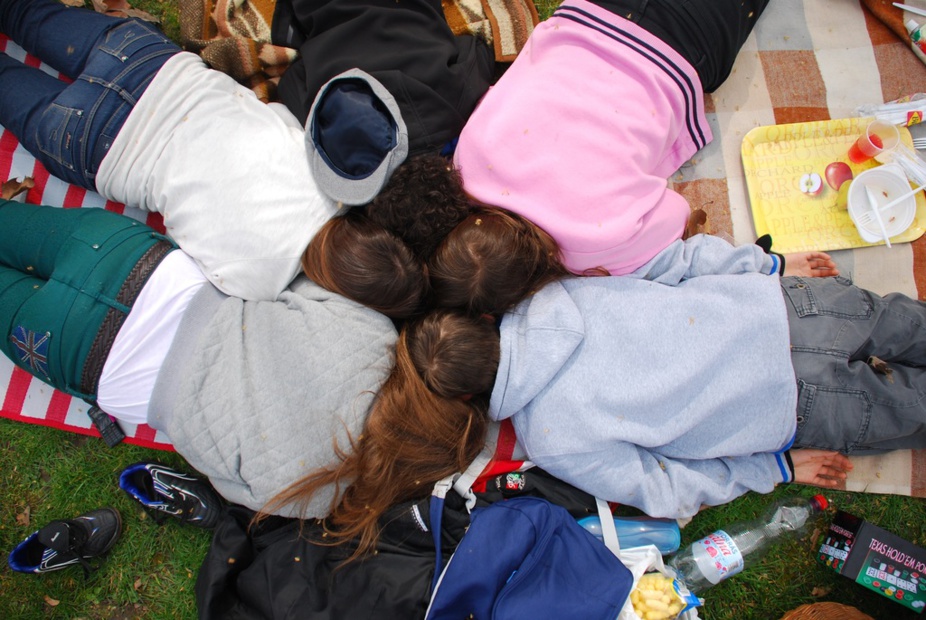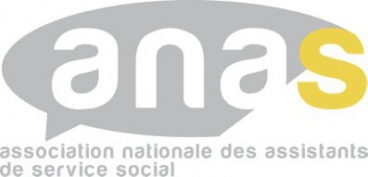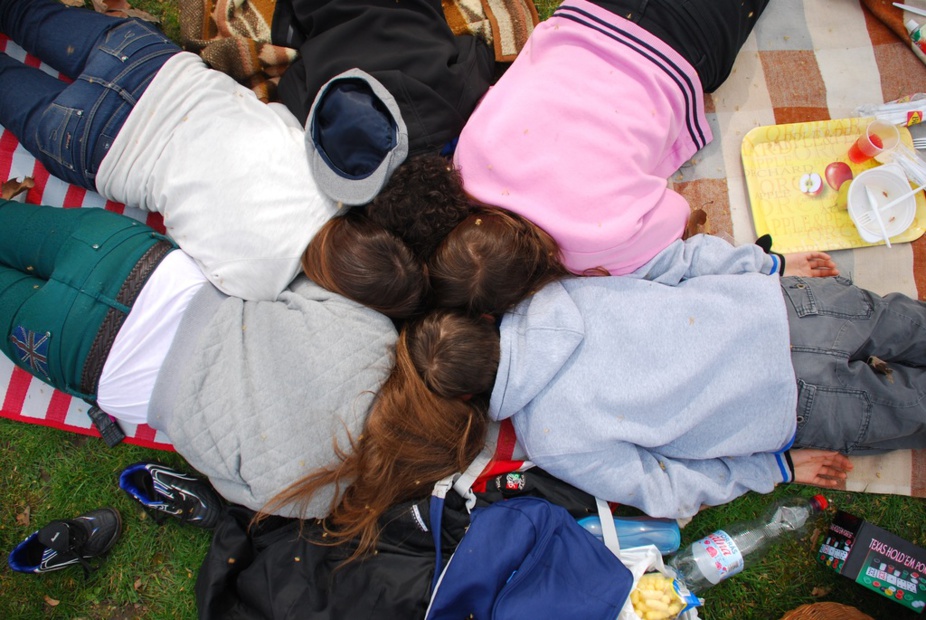
Autres articles
-
 Une étude mondiale met en évidence la détérioration des conditions de travail des travailleurs sociaux et les possibilités de plaidoyer
Une étude mondiale met en évidence la détérioration des conditions de travail des travailleurs sociaux et les possibilités de plaidoyer
-
 PARTICIPEZ ! UNE INVITATION DE L'IFSW EUROPE ET DU PROJET RESPONSIVE
PARTICIPEZ ! UNE INVITATION DE L'IFSW EUROPE ET DU PROJET RESPONSIVE
-
 Lettre déc 2024 - AIFRIS
Lettre déc 2024 - AIFRIS
-
 Journée Mondiale du Travail Social 2025
Journée Mondiale du Travail Social 2025
-
 Revue internationale des valeurs et de l'éthique du travail social
Revue internationale des valeurs et de l'éthique du travail social
Paris, November 9, 2017
Young people declaring themselves unaccompanied minors:
place and function of the social service assistant
Young people declaring themselves unaccompanied minors:
place and function of the social service assistant
Opinion of the National Association of Social Work Assistants on the treatment of young people declaring themselves unaccompanied minors and the disturbing confusion between social support and social control
ANAS denounces the treatment of young foreigners who declare themselves to be minors accompanied by (MNA) and their difficulty in obtaining an adapted multidisciplinary global support (social, legal and medico-psychological) and to have their rights recognized.
Indeed, to be cared for by child protection, these young people are subject to a specific procedure within which they are put in the position of having to prove the veracity about their minority and their family isolation. For that, they are forced to a evaluation procedure which results in the transmission of a reasoned opinion to the chairman of the departmental. This procedure combines: a "social assessment" conducted during one or several interviews and, if necessary, forensic expertise (involving bone tests). The purpose is to check their age if a doubt persists.
ANAS considers that this arrangement is unacceptable from an ethical point of view and ethical, both in the way it has been thought and in the context in which it is unfolds in fact [1].
ANAS considers that this arrangement is unacceptable from an ethical point of view and ethical, both in the way it has been thought and in the context in which it is unfolds in fact [1].
These include:
- Non-collection of informed consent prior to forensic expertise, unlike what the law requires, and a de facto pressure on those who refuse to submit to it because they would be suspected of majority.
- The use of bone tests for the purpose of determining the age of which the total absence of reliability is also recognized (margin of error of 18 months).
- The maintenance on the street of many young people who, because of the congestion of places accommodation, do not benefit from the shelter provided to carry out "the evaluation” of their minority and their isolation. The processing of their file may take several months.
- The announcement made by the Prime Minister during the Congress of the Assembly of Departments de France on October 20, 2017 indicates that the State proposes to assume the evaluation and emergency accommodation of persons declaring themselves to be minors until the relay is taken by the department if their minority is confirmed. No precision is yet brought to this new provision, but we can see there the denial of the necessity that these young people fall under the protection of childhood as long as they have not proved their minority, and thus a way of ratifying the discrimination they are already subjected to to other children in danger.
- The violence induced by this "social evaluation" which, because it is carried out in context of control, and not in a context of support or care, can not pretend to guarantee a benevolent and containing framework. These conditions are indispensable to welcome and respect the word, the suffering, the temporality and the subjectivity of young people.
- The confusion between social support and social control, by the diversion of function of the social service assistant and one of its tools, the social assessment.
With regard to this last point, ANAS recalls that the social assessment for the purpose of controlling the age of young people declaring themselves unaccompanied minors is contrary to the very aims of social support. It is the same for the transmission of a reasoned opinion that may harm the human person, especially when it establishes that a young person is of legal age, therefore in an irregular situation and legally expelled from French territory.
Indeed, Article 15 of the Code of Ethics of Social Work Assistants states: "The social service assistant must not agree to intervene or provide information for control purposes".
Assessment for control purposes against young people declaring themselves to be minors unaccompanied is neither compatible with the place nor with the function of assistant of social services.
The ANAS Child Protection Commission
[1] Some of these points are also denounced by many actors, including:
• The Defender of Rights, who has published several decisions and opinions concerning the UAM / NAM in 2016 and 2017, including opinion 17-03 of 7 February 2017 on the care of unaccompanied minors. On page 2, this notice recalls that "out of all referrals dealt with at the headquarters of the Pole for the Defense of Children's Rights, about 15% concern the MIE. Defenders' delegates are also solicited as part of their on this subject by young people, social workers or associations ".
• The Observatory for the Protection of Childhood, which published a thematic dossier in February 2017: "Unaccompanied minors, what needs and what answers?".
• InfoMIE, Resource Center for unaccompanied foreign minors, in articles published on the site http://www.infomie.net/.
• UNICEF, in June 2016: "Neither healthy nor safe, investigation of unaccompanied children in the north of La France ".
• The MIE collective which created the ADJIE (Accompaniment and defense of isolated young people), a necessary legal permanence in view of the difficulties encountered by young MIE / MNA or declaring themselves MNA (members: Cimade, Collective of the exiles of Xth, DEI-France, Fasti, Gisti, Hors-the-Street, LDH, MRAP, Resf, and volunteers without associative membership).
• The Defender of Rights, who has published several decisions and opinions concerning the UAM / NAM in 2016 and 2017, including opinion 17-03 of 7 February 2017 on the care of unaccompanied minors. On page 2, this notice recalls that "out of all referrals dealt with at the headquarters of the Pole for the Defense of Children's Rights, about 15% concern the MIE. Defenders' delegates are also solicited as part of their on this subject by young people, social workers or associations ".
• The Observatory for the Protection of Childhood, which published a thematic dossier in February 2017: "Unaccompanied minors, what needs and what answers?".
• InfoMIE, Resource Center for unaccompanied foreign minors, in articles published on the site http://www.infomie.net/.
• UNICEF, in June 2016: "Neither healthy nor safe, investigation of unaccompanied children in the north of La France ".
• The MIE collective which created the ADJIE (Accompaniment and defense of isolated young people), a necessary legal permanence in view of the difficulties encountered by young MIE / MNA or declaring themselves MNA (members: Cimade, Collective of the exiles of Xth, DEI-France, Fasti, Gisti, Hors-the-Street, LDH, MRAP, Resf, and volunteers without associative membership).


